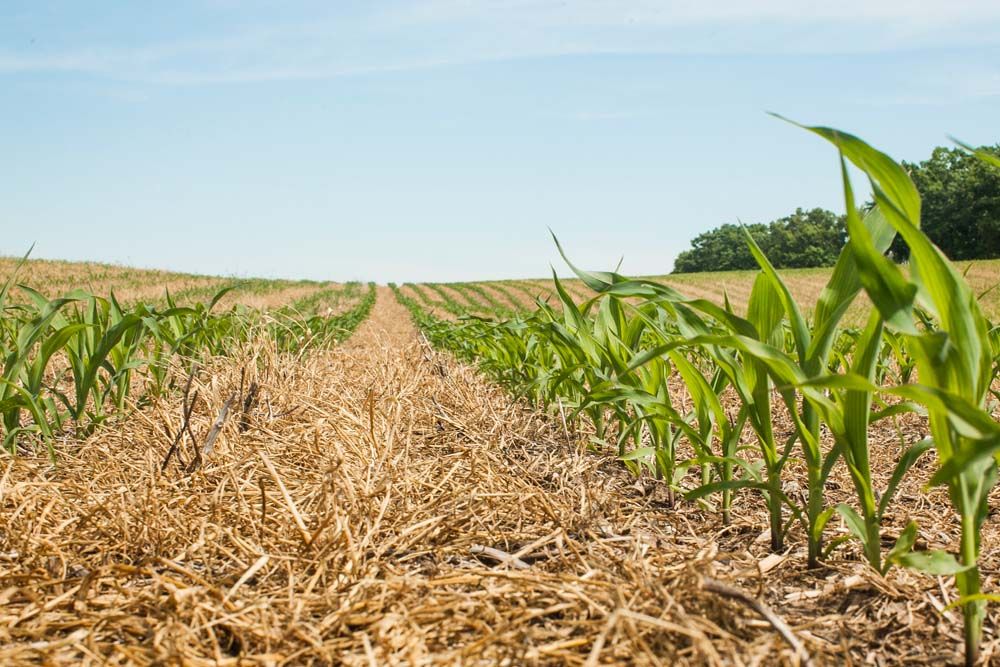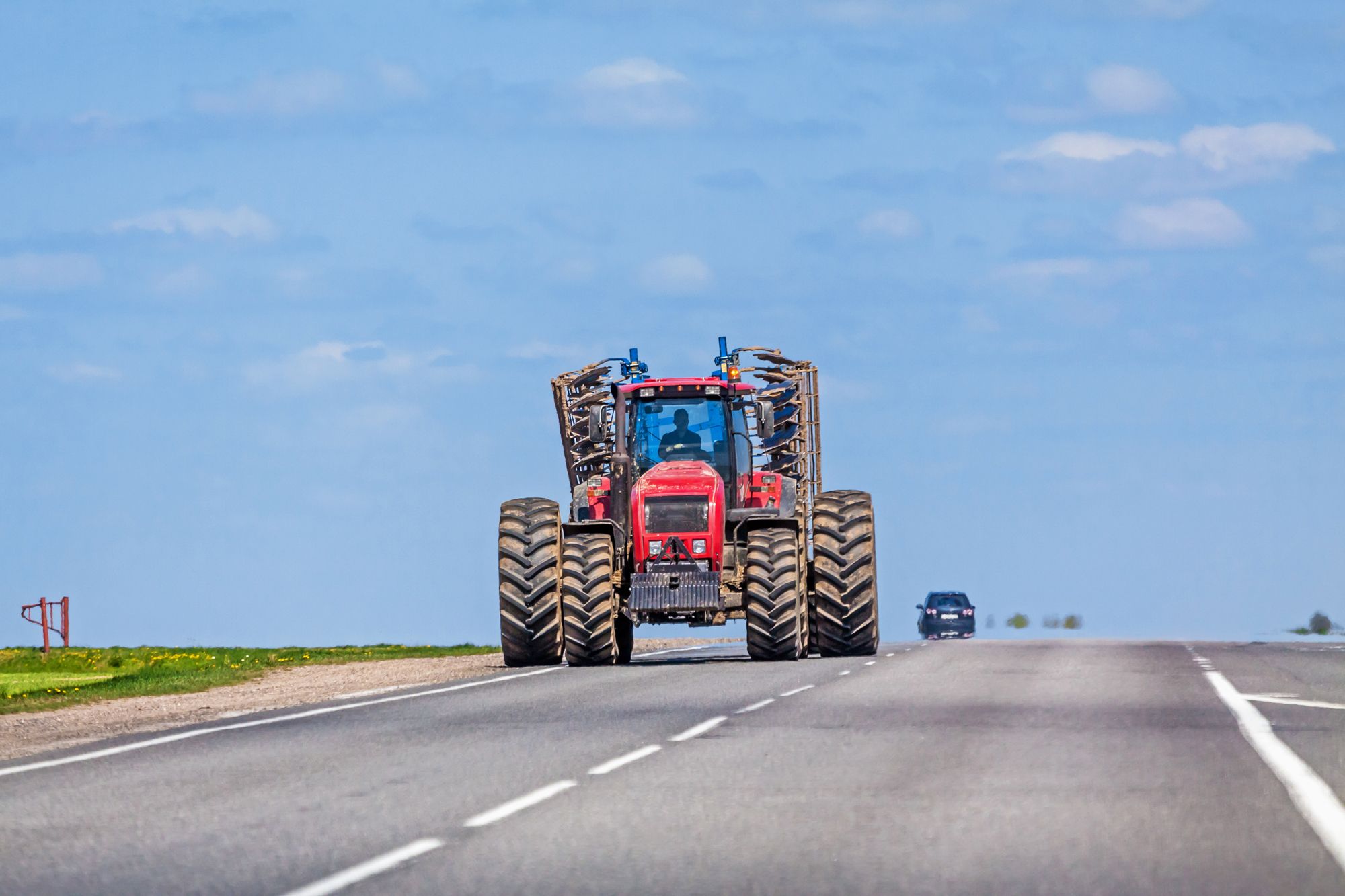10 Ways to Survive Winter on a Farm
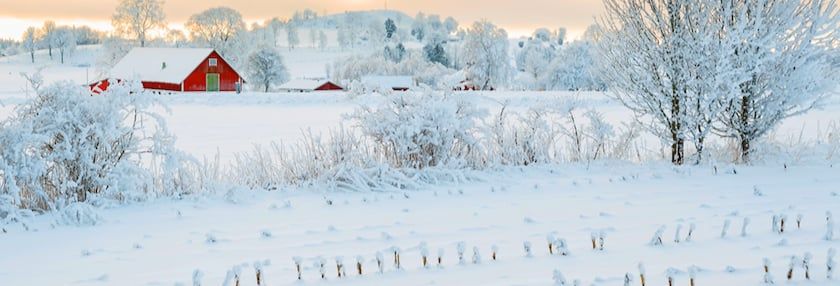

Life must go on, even this time of year
Winter can be a difficult time for farm owners, adding extra stress and effort to daily activities. If you can pre-plan, this helps reduce some of the stress that comes with urgency. Consider these topics and you will be well on your way to a successful winter season on the farm!
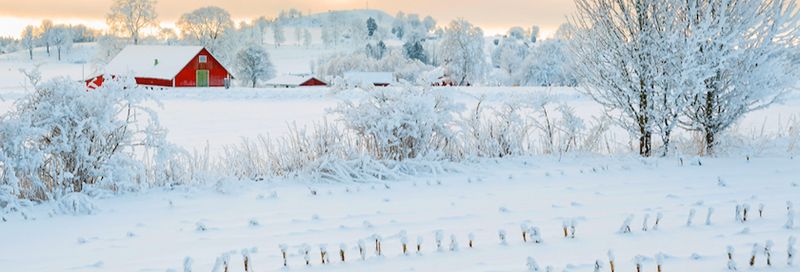
Points for re-planning
As the saying goes, “plan for the worst, but hope for the best.”
It’s important to pre-plan for your needs. There is no worse time to buy hay, feed, or other supplies than right before an impending snowstorm. Make sure you think of the supplies and equipment you will need to have a successful winter and begin the process of purchasing, maintaining, or storing those items.
Winter feeding
If you have livestock, feeding during the winter is crucial and can vary greatly depending on where you are in the country. Those in warmer climates may have fewer needs for winter supplementation compared to those facing harsh, snowy winters.
Make sure you are prepared with enough hay, grain, or cool season grazing for each animal to maintain a proper body condition score during the entire length of the winter. Take special consideration for pregnant or lactating animals during the winter as they will need additional nutrients, and young animals may need a creep feed.
Feed in the late evening during extra cold times to create more body heat while animals digest or ruminate the food, helping them get through the colder weather.
De-icing
Ice can often be the worst part of winter and a difficult factor for farmers and ranchers. Do your research on de-icing roadways, barn alleys, or other areas that may cause hazards for animals or humans.
In addition, look into ways to de-ice water troughs, as keeping animals hydrated is extremely important. Trough warmers, insulation, floats, and other methods can be used depending on your situation.
Shelters for livestock
Providing a dry area for animals to escape the weather can be the difference between life and death.
Many animals can survive being wet or being cold, but few can survive being wet and cold.
Shelters should be orientated in a direction that protects the most from the cold, and where applicable should provide the most siding possible. Be sure that any shelter is well ventilated and does not harbor moisture, pathogens, or dust.
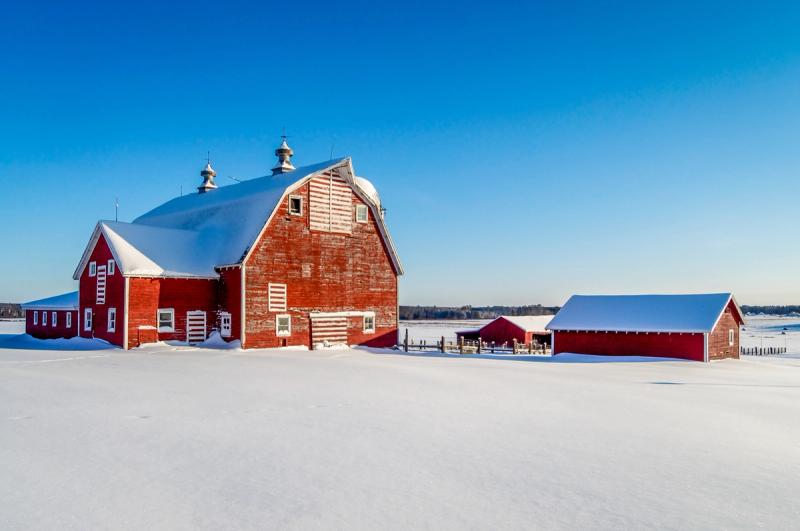
Deep bedding
Bedding can be provided in a shelter or in the field, both having advantages and disadvantages. Deep bedding can provide extra warmth and insulation for animals and in some cases, extra feed. Hay rolls can be unrolled in the pasture, placed loose in shelters, or other bedding materials like pine straw, shavings, feed byproducts, etc. can be utilized.
Cover crops and cool season forages
If you are in an area where planting cool season forages is an option, it is a great one to consider!
Whether you have a cropping situation or livestock, cool season forages can provide many benefits. Some pros of having a winter crop include potential nitrogen fixation from legumes, extra grazing opportunities, winter feeding option that may be cheaper than hay, and reduced soil loss to erosion.
Available species and varieties will depend on where you are in the country, so do some research and reach out to your local extension service!
Equipment maintenance
Winter can be harsh on equipment, make sure any vital equipment is stored away properly for potential freezing temperatures. If equipment is to be used during the winter, ensure it has been maintained, checking lubricants, fluid levels, grease, belt conditions, etc. Ensure all crop or forage residue is removed from the compartments to prevent fires. Store equipment indoors when possible, or at least under overhead cover.
Care with heaters
Incidents with heaters can have a devastating impact on a farm. Ensure heaters are protected from electrical fires, using surge protectors when necessary, and securing any heater where animals or humans can not knock it into bedding. Heaters can quickly cause a fire, so take extra caution when using this option.
Contain the herd
Freezing temperatures in wet conditions can be detrimental to fences. Ensure that your herd is well contained and any potential area of concern is extra secure. Electric and wiring fencing can be weighed down by freezing rain, so be sure to check these fence lines after a storm and verify animals are properly contained.
Rotate animals
Livestock owners can be tempted to leave animals in one-location to make winter feeding and care easier on them, however this can have detrimental effects on your land. Compaction, mud formation, over-application of manure and urine, and over-grazing can have long-lasting impacts on the land.
Be sure to rotate animals through pastures as you would during normal grazing periods—this is also another factor that makes cool-season forages a great idea.
Tags:The Farm Babe

Acreage Life is part of the Catalyst Communications Network publication family.












